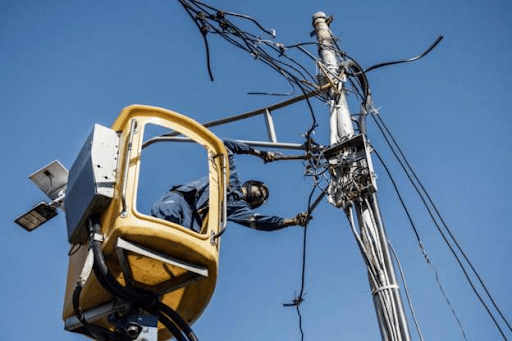
The Kenyan government has a duty to protect all its citizens, especially the most vulnerable.
It has made strong commitments through the constitution, laws and international agreements to uphold the rights of women.
But as Amnesty International’s latest State of the World’s Human Rights report shows, those commitments are not being fully honoured.
The government is taking steps. There is a taskforce on gender-based violence.
There are campaigns, policy documents and some arrests.
But it is not enough. Last year, at least 170 women were killed in acts of femicide.
This was nearly double the number from the year before.
Despite growing public outcry, most cases remain unresolved, and survivors continue to face stigma and neglect.
Recently, thousands of women and children were thrown out of their homes in forced evictions.
Amnesty reports that government agents demolished informal settlements in Mathare, Mukuru Kwa Njenga and Embakasi, often without notice or alternative shelter.
These evictions happened during heavy rains, leaving families in mud and cold.
A High Court ruling ordered compensation and community consultation, but little has been done.
Violence against women and the destruction of poor communities are not separate problems.
Kenya must act faster and more decisively, because failure to protect women is failing the nation as a whole.
Quote of the day: “We are never so defenseless against suffering as when we love.” — Austrian founder of psychoanalysis









